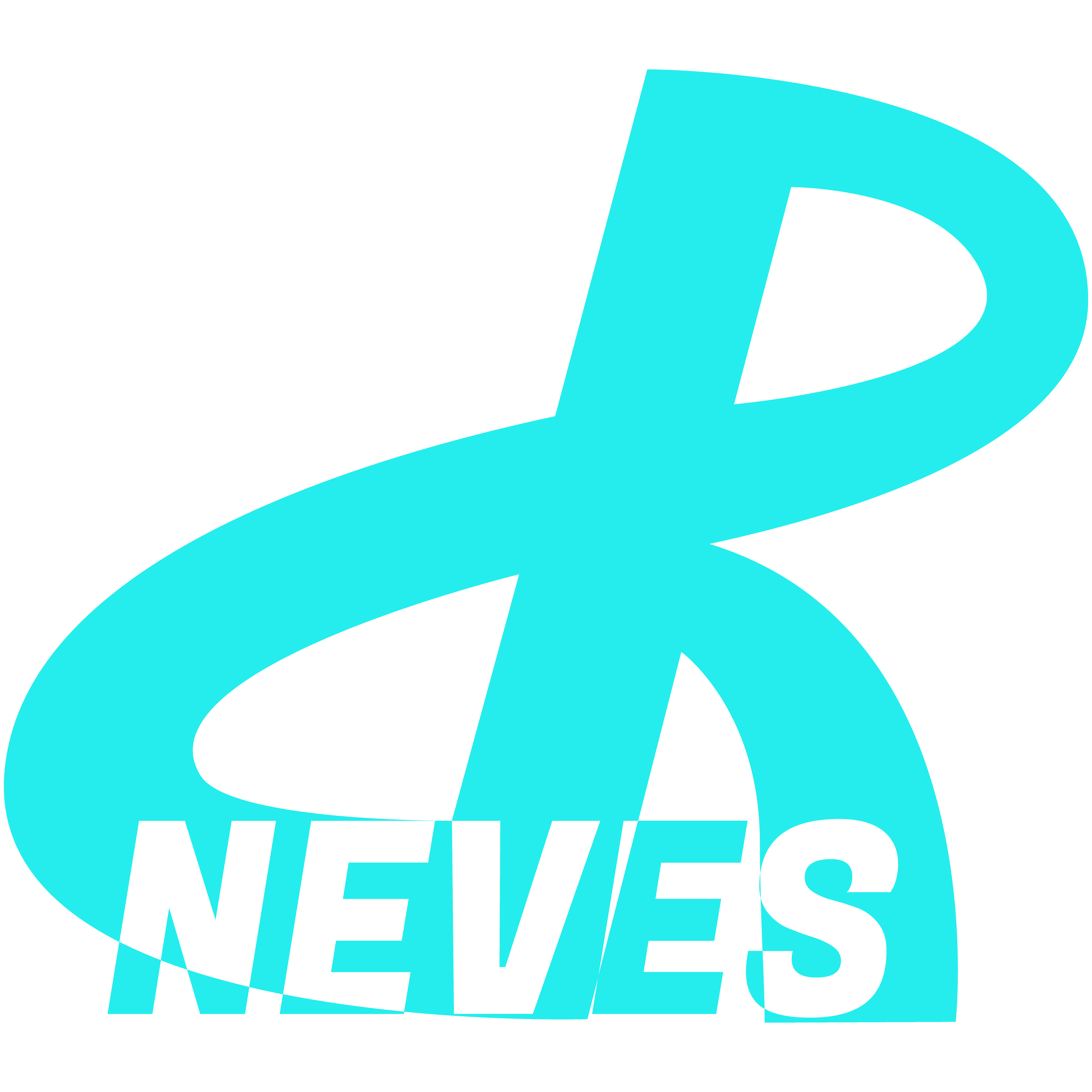
Content Management Systems (CMS): What They Are and How They Revolutionized the Creation of Websites and Blogs
Last Updated: April 28, 2024
If you’ve ever thought about creating a website or blog, you’ve likely come across the term “CMS”. But what exactly are Content Management Systems (CMS)? And how have they revolutionized the way we create and manage our websites and blogs? In this article, we will explore this and discover the fundamental role of CMS in the digital age.
Table of Contents
The Basics of Content Management Systems
A Content Management System (CMS) is a platform that allows you to create, edit, manage and publish content online without the need for advanced programming knowledge. In other words, CMSs are tools that simplify the process of creating websites and blogs, making it accessible even to those without specialized technical skills.
How do CMS work?
The beauty of CMS lies in their user-friendly interface and the clear separation between website design and content. This means you can focus on creating high-quality content, while the CMS takes care of the structure and design of your website. Most CMS use a text editor similar to a word processor, which makes formatting and editing content easier.
Additionally, CMS generally offer a variety of themes and plugins that allow you to customize the appearance and extend the functionality of your website or blog. This makes it possible to create visually appealing pages and incorporate advanced features without the need for manual programming.
The Main Benefits of CMS
1. Ease of Use
CMS are designed to be intuitive, which means even a beginner can learn to use them quickly. This eliminates the barrier to entry for those wanting to enter the world of creating written content online.
2. Effective Collaboration
If you’re running a blog with a team, a CMS offers collaborative tools that make it easier for different team members to edit and publish content. Thus promoting effective collaboration, regardless of the physical location of employees.
3. Simple Updates
With a CMS, keeping your website or blog updated is easy. Plugins, themes and content updates can be made with just a few clicks and now even automatically, ensuring that your website is always optimized and secure.
4. SEO Friendly
CMS are designed with the SEO in mind. Allowing for easy content optimization for search engines, thus contributing to better ranking in search results and bringing you organic traffic which is the most desired (and profitable).
The Most Popular CMS
There are many CMS available, each with its own features and advantages. Here are the 3 most popular:
1. WordPress
WordPress is, by far, the most used CMS worldwide and preferred by billions of internet users. Its flexibility and wide range of plugins make it a popular choice for blogs, corporate websites and even online stores. It has a huge support community and is without a doubt my CMS of choice, on which this same website is implemented.
2. Joomla
Joomla is also known for its robustness and flexibility and probably ranks second among Internet users. It’s also a solid choice for complex websites that require advanced functionality, with a wide range of extensions and themes that allow you to customize and extend the functionality of your website or blog.
3. Drupal
Drupal ranks 3rd, if not 2nd. Between this and Joomla it is difficult to compare which one is currently most used, although none of them surpasses the first in popularity. Still, it is an option, without a doubt very powerful for complex and large-scale websites offering exceptional flexibility, but it can have a steeper learning curve.
Conclusion: The CMS Revolution in Online Content Creation
Content Management Systems have revolutionized the way we approach creating websites and blogs.
They made the process accessible to a wider range of people, allowing individuals and companies to share their stories and ideas online, without spending fortunes hiring developers.
Whether you’re an aspiring blogger or a business owner who wants a solid online presence, choosing a CMS or opting for a website built from scratch without a CMS can make all the difference.
With their ease of use, efficient collaboration, simple updates, and SEO benefits, CMS are an essential tool in any digital content creator’s toolbox.
In short, Content Management Systems are not just a convenient technology; they represent the democratization of online presence, empowering individuals and organizations to share their stories and ideas with the world.
So, if you haven’t explored the world of CMS yet, now is the perfect time to start revolutionizing the way you share content online! Mainly the written one.
*(This article was written entirely by a Human, without any use of Artificial Intelligence (except for creating or editing images). For more details read my Humanity Statement)
**(May Contain Affiliate Links. It means I may earn a commission every time you click on one of the external links, but do not worry. There is no additional cost to you, on the contrary, Sometimes you can even have extra benefits and discounts. And you will be helping to maintain the blog. For more detailed information consult my Affiliate Disclosure Statement)


